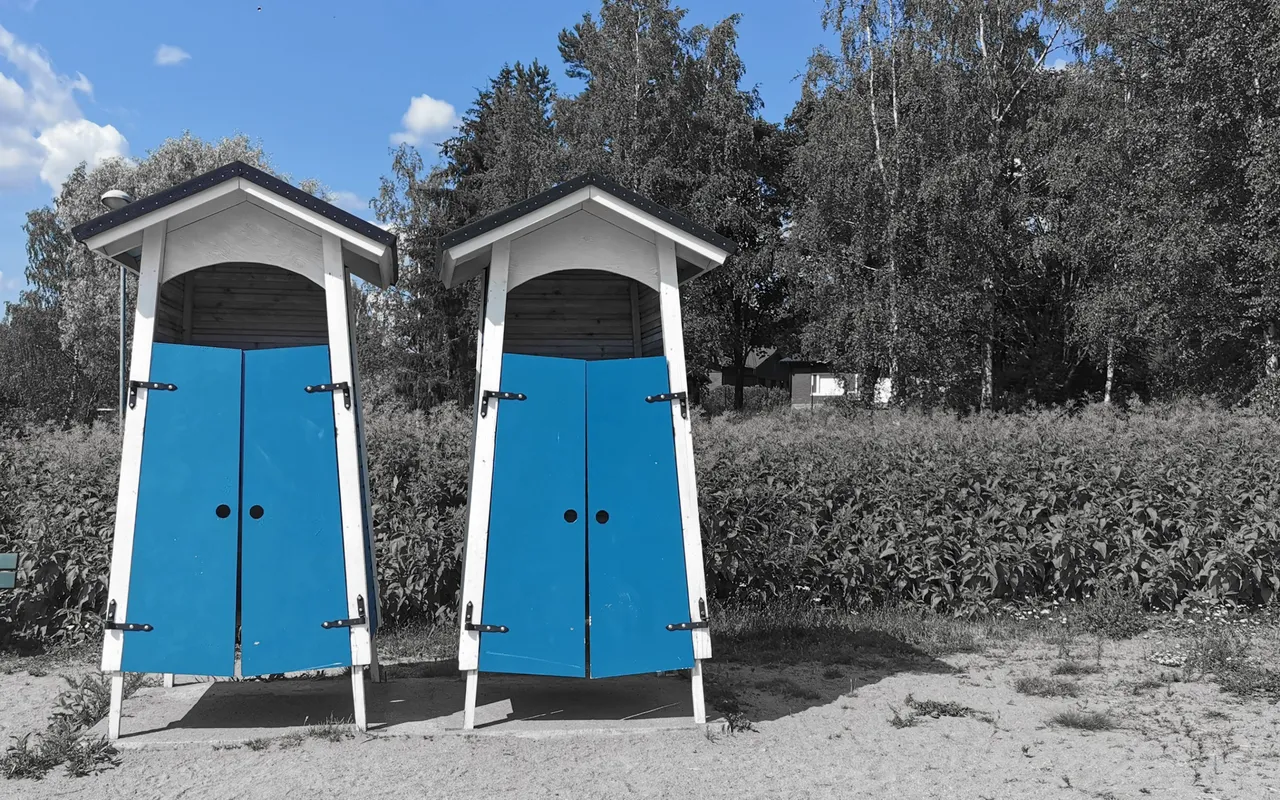With 200,000-odd lakes in Finland, there is no shortage of freshwater beaches thousands of little, coves, islands and points all over the place. Today, rather than go to our local one, we drove to another not too far away from our house that has a little more sand and an ice cream kiosk. Most don't have any services, as they are just random places on the shore that people decide "this'll do" as a swimming spot.
We started a little later than my wife had wanted, as I slept in a bit after watching the Swimming finals and the Australian 4x100 freestyle women take gold. That was great, but I think the highlight for me was when another Australian was edged out of gold by an eighteen year old Tunisian in the 400 freestyle event, which was a shock win and the young guy was absolutely ecstatic.
One of the things I love in the Olympics is watching unexpected people perform extraordinarily and people break their own beliefs and outperform in ways they think they are not even capable of. Seeing underdogs win is one of the best parts of the Olympics for me, even if it means that it edges an Australian from gold to silver by 0.16 seconds.

In another upset, though it seems to be getting pretty routine, while at the beach I was watching the US-France Basketball game and after being down by 12 points at one stage, France came back to win in the dying minutes with some great plays. Gone are the days of the "Dream Team" of 1992 in Barcelona, where nearly every game was a blowout or comfortable win and now are the days of the US team having to fight multiple teams. They are going to have to step it up heavily to win gold and may even struggle to win a medal if the warmup exhibition games are anything to go by, losing to Nigeria and then to Australia two weeks ago.

I think that the shift in basketball dominance into a more equal skill level across nations is something that shows the power of distribution and of immigration. Sports in general is a a good indication of this, with football being another discipline, as well as many others in the Olympics.

When people move country, they tend to take their own sports with them and also support their children to take them up also, as they do not necessarily know much about the local sports. It is because of this that a lot of national teams are made up of what might not be known as common family names, with many being from countries where the sports are played. For example, a lot of the Australian footballers have Serbian, Greek and Italian names (as well as many others).
It ends up being that the children of immigrants will often grow playing the sports of their parents and they are also often more comfortable playing these sports, as they are "accepted" in. In Finland for example, there are a lot of foreign-background kids playing football, but not many ever take up ice hockey.

Again, I think that sport can be one of those areas of life where if people are actually interested in the sport, it can be an equalizing area, where skills are valued, not nationality, religion or color of skin. Of course, there is plenty of contention in there over these things too, but I suspect that in some way, athletes are kind of like mathematicians - most don't care about the superficial aspects, as long as the skill is high.

I barely watch TV and even less sport, but I do try and catch the world events and especially the Olympics, as there are so many lessons to be learned and inspiring moments in victory and in failure, from people who have spent so much of their lives just to be there and do what they have trained for years to do. A lot of the focus gets put on representing a country, but I believe that one of the most valuable aspects is seeing people working together as a team, as well as representing themselves, showing the world their best, proving to themselves what they are capable of and, admitting when they have been defeated.
There is beauty in defeat, just as there is in victory and I think in many ways, there is far more lessons to be learned from those that try and fail, only to come back and try again, than there is from those who continually dominate. It is easy to get accustomed to winning, but it is overcoming adversity to make another attempt and then another, that shows the character of a person.
Most of the people at the Olympics can dream of a medal, but know that they will never come close, as despite all the years of training, all the sacrifices they make, at the top level, there are people who are just that much better than they and likely always will be, yet there they are - doing it regardless, knowing that their success is competing, not winning - something that a lot of us as spectators should remember whilst watching and approaching our own lives.
Being the best we can be, doesn't mean we are the best that can be.
Yet, being our best is what matters, even if we are never better than another.
Taraz
[ Gen1: Hive ]
